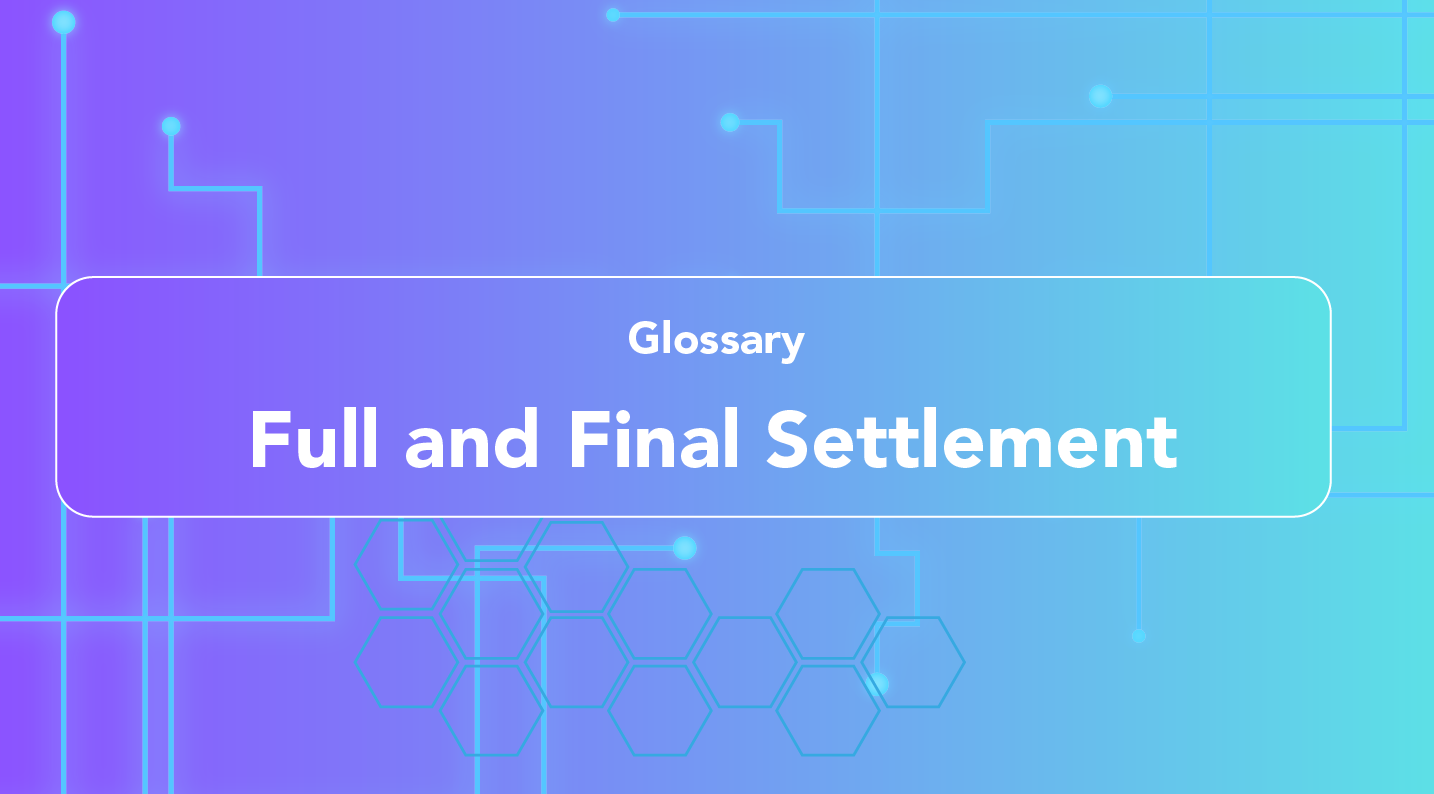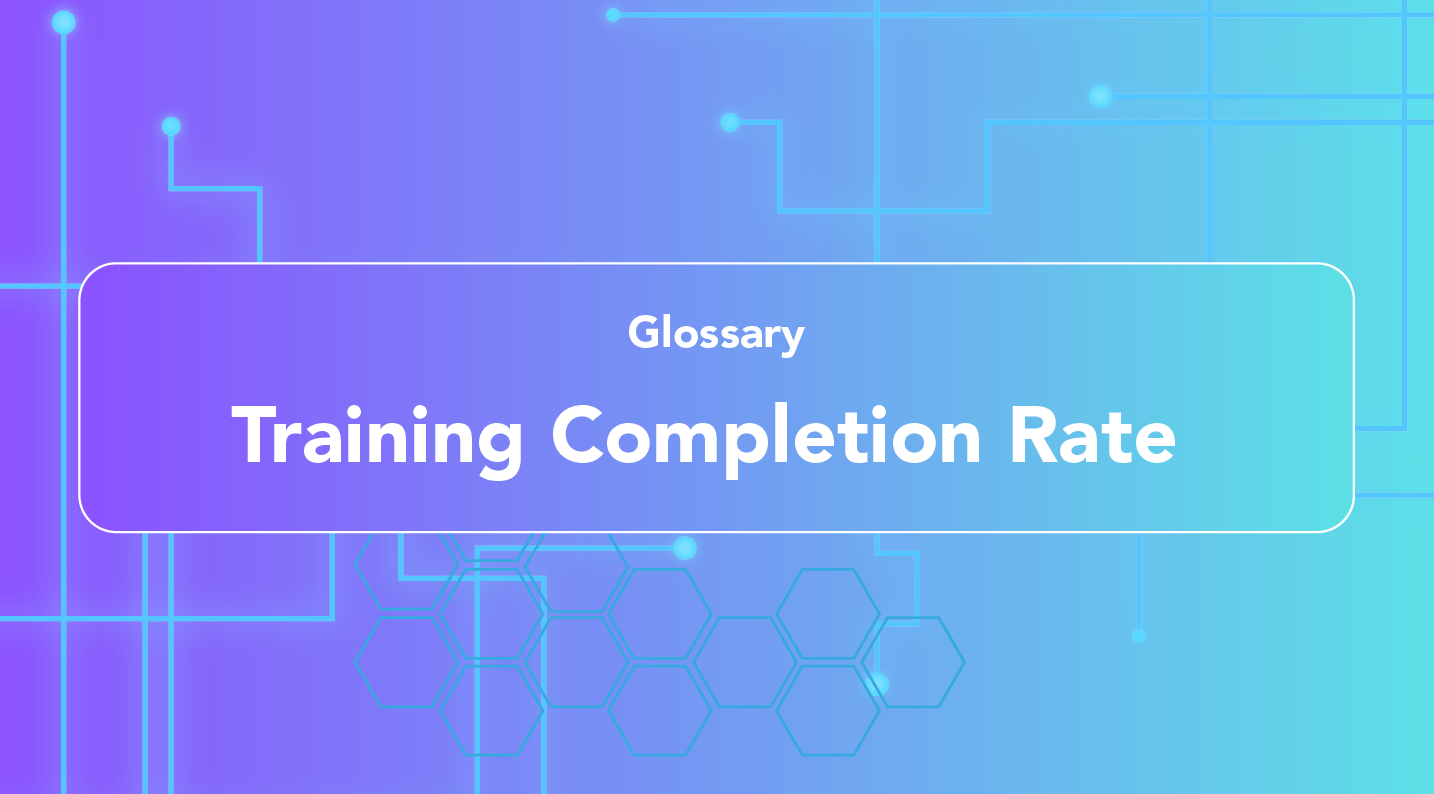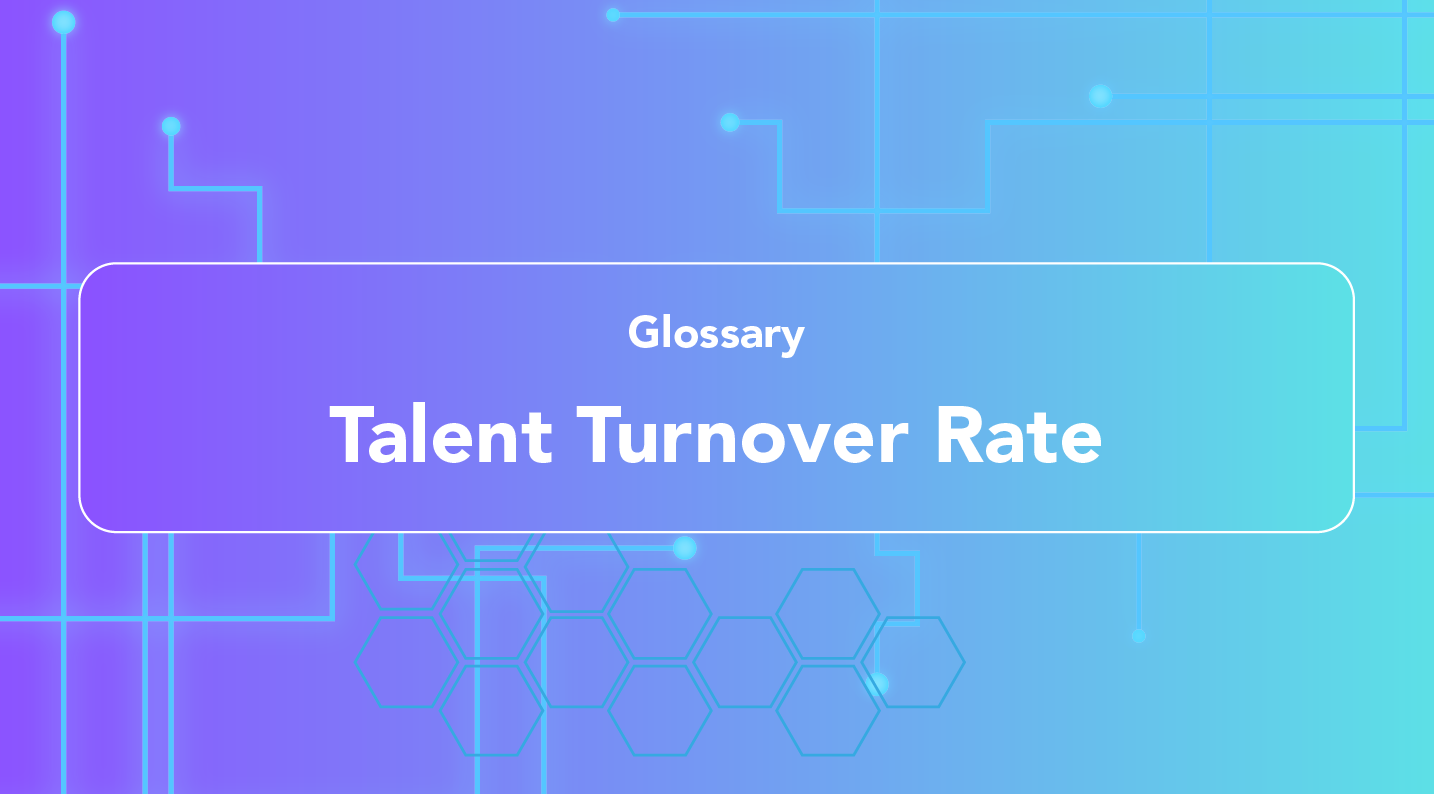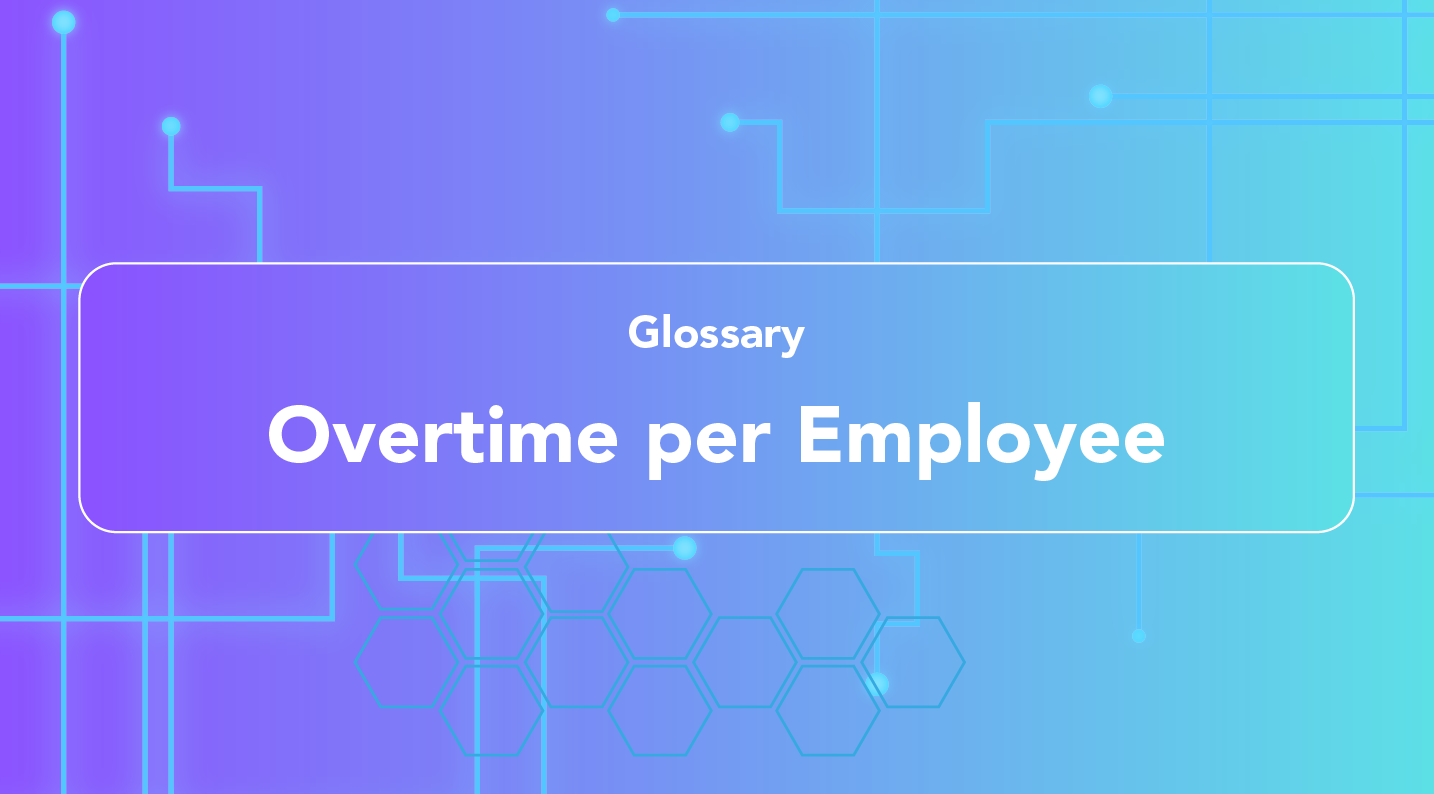- glossary
Full and Final Settlement (FnF) refers to the process that occurs when an employee resigns or is terminated from a company. It involves clearing any pending dues between the employer and the employee, including salary, bonuses, unused leave, gratuity, and other payable benefits. The settlement is generally done on the employee's last working day or within a stipulated period as per company policies or local labor laws.
Key Components Full and Final Settlement:
-
Salary dues: Includes the unpaid salary for the last working month.
-
Leave encashment: Payment for any unused paid leaves the employee is entitled to.
-
Gratuity and bonuses: Any applicable gratuity, bonuses, or incentives owed to the employee.
Frequently Asked Questions:
-
How is Full and Final Settlement processed?
The HR department calculates the total amount owed to the employee, including unpaid salary, leave encashment, and any other dues. Once approved by management, the amount is paid either on the employee’s last working day or shortly after. -
What is included in a Full and Final Settlement?
The settlement typically includes unpaid salary, leave encashment, bonuses, gratuity (if applicable), and deductions for any pending loans or advances taken by the employee. -
What challenges are commonly faced during the Full and Final Settlement process?
Delays in processing, disputes over dues, or miscommunication about the employee’s entitlements can arise. Ensuring accurate calculations and timely payment is essential to avoid legal complications.

.png?width=50&height=50&name=Team%20HONO%20logo-01%20(1).png)



